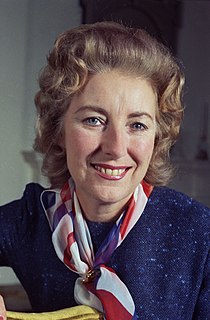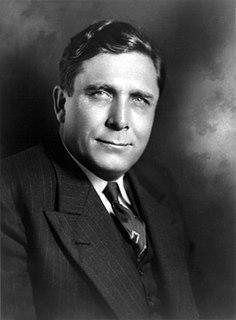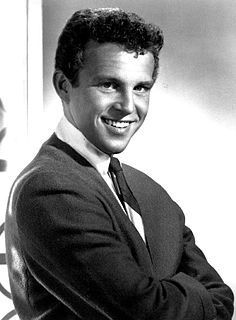A Quote by Agatha Christie
It's no good starting out by thinking one is a heaven-born genius- some people are, but very few. No, one is a tradesman - a tradesman in a good honest trade. You must learn the technical skills, and then, within that trade, you can apply your own creative ideas, but you must submit them to the discipline of form.
Related Quotes
Hillary Clinton's position on policy on markets and trade is very plain, which is we'll do trade deals but only if they meet three criteria, increase American jobs and wages and are they good for national security. If they are and if we can enforce them, then trade deals are okay. If not, we can't embrace them.
You must ignore what everyone else is doing and trade only when you feel the odds are in your favor. In short, trade only when you and you alone are comfortable that the expected return of your trades will be positive. That might mean you'll have to sit out a few parties, but it will also mean that you'll have more profits over the course of your trading career.
You can hire your advisor and then just apply a windage factor, like I used to do when I was a rifle shooter. I'd just adjust for so many miles an hour wind. Or you can learn the basic elements of your advisor's trade. You don't have to learn very much, by the way, because if you learn just a little then you can make him explain why he's right.
Books seem to me to be pestilent things, and infect all that trade in them...with something very perverse and brutal. Printers, binders, sellers, and others that make a trade and gain out of them have universally so odd a turn and corruption of mind that they have a way of dealing peculiar to themselves, and not conformed to the good of society and that general fairness which cements mankind.
When I visit schools and talk to students about writing, I give them one word of advice and I give it to them quickly and loudly-FINISH! Starting something is easier than finishing it. You must have discipline to go from a few sentences, to a few paragraphs, to a piece of writing that has a beginning, a middle, and an end. Finishing something bridges the difference between someone who has talent and one who does not. My best advice? Apply the seat of your pants to the seat of your chair-and finish. FINISH!






































